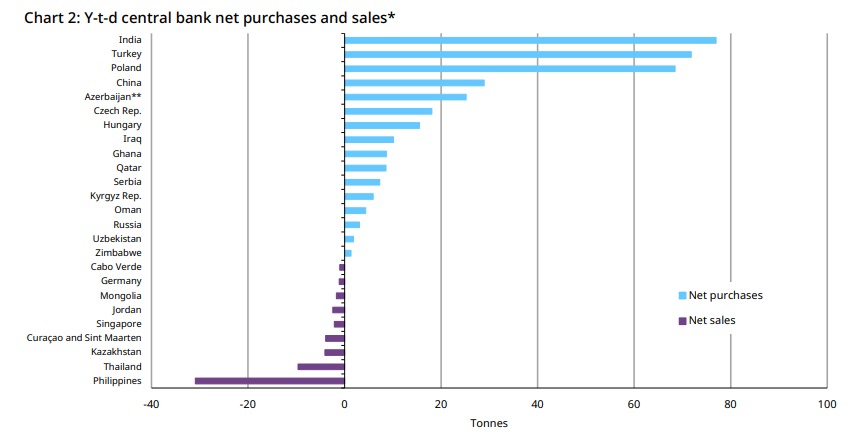
By Prof. Samuel Lartey(Prof)
In recent years, the digital economy has emerged as a transformative force globally, reshaping how we live, work, and interact. For Ghana, a burgeoning middle-income country with aspirations of achieving a high-income status, embracing the digital economy is not just an option but a necessity.
The shift towards digitalization promises enhanced efficiency, increased access to global markets, and improved public services. However, this transition is accompanied by significant challenges that must be addressed to fully harness the benefits while minimizing the adverse effects on its economy and society.
Relevance and importance of the digital economy in Ghana
The relevance of the digital economy in Ghana can be viewed through several lenses: economic growth, job creation, and innovation. Digitally enabled services and industries bring about increased productivity and competitiveness on both local and international stages.
For instance, the rise of mobile money services like MTN Mobile Money has revolutionized financial inclusion in Ghana, providing a banking alternative to the unbanked and underbanked populations, thus fostering economic participation from all corners of society.
Moreover, the digital economy is pivotal in driving innovation. Tech hubs and incubators in Accra, such as iSpace and MEST, have become breeding grounds for startups, pushing the boundaries of technology usage in agriculture, healthcare, and education. These innovations not only solve local problems but also create job opportunities for the youth, contributing to a reduction in unemployment rates.
Impact on business and society
For businesses, the digital economy offers a gateway to new markets and customer segments. E-commerce platforms like Jumia and Tonaton provide local businesses with the opportunity to reach a broader audience, reducing the reliance on physical stores and expanding their geographic reach.
This digital transition, however, also demands businesses to adapt to new technologies and compete on a larger scale, which can be daunting for small and medium-sized enterprises (SMEs) with limited resources.
On a societal level, the digital economy enhances access to services that were previously out of reach for many Ghanaians. Telemedicine services, online education platforms, and digital government services improve the quality of life and can potentially reduce inequalities in service delivery.
Nevertheless, this shift also risks widening the digital divide. Access to affordable internet and digital literacy remains a significant barrier, with rural areas particularly disadvantaged. This divide not only exacerbates existing inequalities but also poses a challenge to inclusive growth.
Challenges in the political and economic ecosystem
The integration of a digital economy within Ghana’s political and economic framework is fraught with challenges. Politically, there is a need for robust regulatory frameworks that protect consumers and businesses while fostering innovation. Issues such as data privacy, cybersecurity, and consumer protection need comprehensive legislation and effective enforcement mechanisms.
Economically, the rapid shift to digital platforms could lead to job displacement in traditional sectors. The government and educational institutions must pivot towards skills training and retooling programs to prepare the workforce for the jobs of tomorrow.
Additionally, the reliance on digital infrastructure highlights the need for substantial investment in connectivity and technology, areas where public-private partnerships could play a transformative role.
Conclusion
As Ghana continues to navigate the complexities of the digital economy, it stands at a crossroads. The path forward requires a balanced approach that promotes growth and innovation while addressing the inherent challenges of digitalization.
It involves crafting policies that ensure equitable access to technology, safeguarding against new forms of inequality, and reinforcing the nation’s economic and social fabric. With a strategic approach, Ghana can leverage the digital economy not just to keep pace with global trends but to emerge as a leader in the digital age, setting a benchmark for other African nations.
The post The digital economy: Opportunities, challenges, and the road ahead appeared first on The Business & Financial Times.
Read Full Story














Facebook
Twitter
Pinterest
Instagram
Google+
YouTube
LinkedIn
RSS